Project Frame 2024 Focus Group Recommendations
Published October 2024
Building consensus is never easy. To ensure the methodological guidance meets the needs of those investing for climate impact and pushes impact accountability forward, we occasionally rely on focus groups to provide feedback on areas where our Content Working Group was challenged to find resolution.
A summary of the recommendations from the 2024 focus group is below. These recommendations have been incorporated into our glossary and will be reflected in the next iteration of Project Frame’s methodology, scheduled for release at the end of 2024. The full recommendations are available in the report.
Refined Equation
Project Frame summarizes its approach to GHG emissions impact assessment as Unit Impact multiplied by Volume. Adjusted GHG Impact is GHG Impact multiplied by optional Adjustment Factors.
Updated Definitions
Impact
Project Frame defines impact as:
Impact is a real-world change caused or enabled by an organization (based on the goods or services produced). Impact can be positive or negative, intended or unintended, direct or indirect, incremental or systemic. Furthermore, we specify that GHG Impact is a change in GHG concentration caused by an organization.
Additionality
Project Frame defines additionality as:
An attribute of impact, requiring an investor or company's thoughtful and reasonable articulation of the degree to which its support causes a change in an outcome that would have not otherwise happened (in a no-intervention or business as usual baseline scenario).
Note: We recognize that establishing additionality is not always a criteria for some investors. It is our intention to provide a framework for articulating additionality. In the upcoming methodology update, we will provide a table developed by the Project Frame Content Working Group to help investors grappling with this topic specify their process and understanding.
Renaming Attribution
Vertical attribution has been renamed capitalization attribution and horizontal attribution has been renamed value chain attribution.
Thank you to Focus Group participants:
2150, Alberta Ecotrust Foundation, Anglet LLC, Astanor, Autodesk Foundation, Azolla Ventures, Boston Consulting Group, Blackhorn Ventures, Blue Earth Capital, Bridges Fund Management, Carbon Equity, Clean Energy Ventures, Climate Dividends Association, Climate Investment, Climate Technology Group LLC, Emerald Technology Ventures, Galvanize Climate Solutions, GLIN Impact Capital, Green Angel Ventures, Green Artha, Impact Frontiers, Just Climate, MoreScope, Nysnø Climate Investments, Prime Coalition, Rho Impact, SK CSES(Center for Social value Enhancement Studies), Starshot Capital, The Roda Group, Vidia Equity, Zero Carbon Capital
About Project Frame
Project Frame (“Frame”) is a nonprofit program at Prime Coalition, purpose-built to organize investors around forward-looking emissions impact measurement and management (IMM) best practices.
Project Frame does not accept direct funding from its members. Rather, it operates through grants provided to Prime Coalition, the home of Project Frame. We thank those who wish to make a donation to support Prime Coalition’s work and join our shared mission to advance impact accountability in climate investing. Donations from Frame community members are anonymized to program staff.



